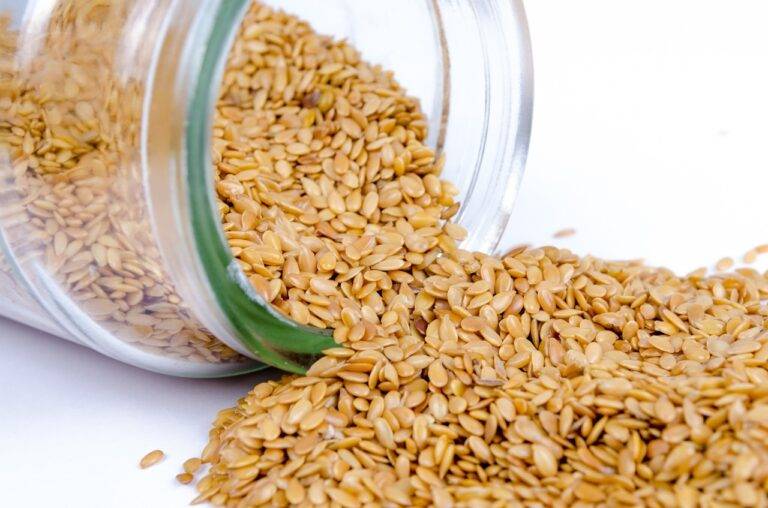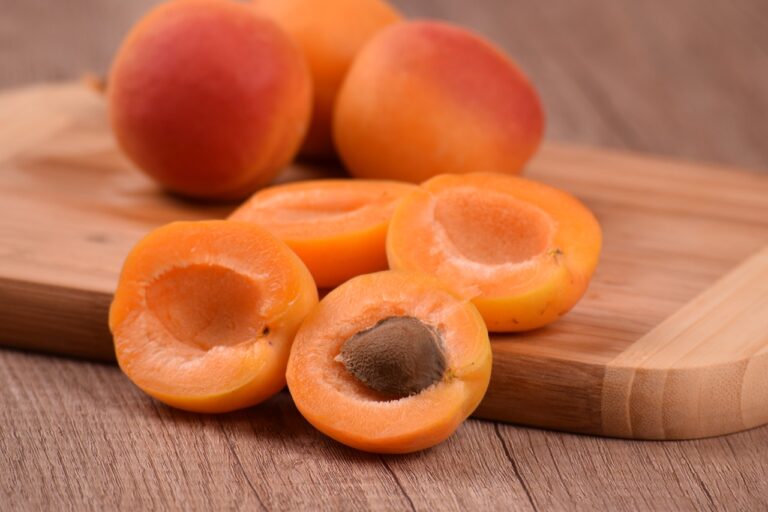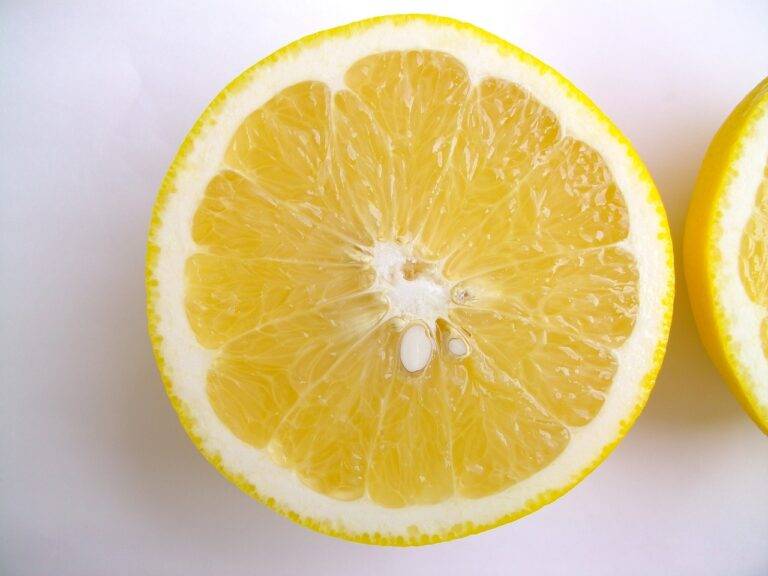Enhancing Food Security Through Aquaponics: Integrating Fish Farming with Hydroponic Crop Production
Aquaponics is a sustainable agricultural method that combines aquaculture and hydroponics to create a closed-loop system. In this system, the waste produced by fish is broken down by bacteria and converted into nutrients for plants to grow. The plants, in turn, filter and clean the water that is then returned to the fish tanks, creating a symbiotic relationship between the fish and plants.
One of the key benefits of aquaponics is its efficiency in water usage. Compared to traditional farming methods, aquaponics uses up to 90% less water, making it a more sustainable option in regions facing water scarcity. Additionally, aquaponics eliminates the need for synthetic fertilizers and pesticides, resulting in organic produce that is free from harmful chemicals. This farming method also has the potential to produce higher yields in a smaller space, making it a viable solution for urban farming and food security initiatives.
• Aquaponics combines aquaculture and hydroponics in a closed-loop system
• Waste produced by fish is converted into nutrients for plants to grow
• Plants filter and clean the water, which is then returned to the fish tanks
• Efficiency in water usage, up to 90% less compared to traditional farming methods
• Eliminates the need for synthetic fertilizers and pesticides, resulting in organic produce
• Potential for higher yields in smaller spaces, making it ideal for urban farming initiatives
The Benefits of Aquaponics for Food Security
Aquaponics offers a sustainable solution to enhance food security by integrating aquaculture and hydroponics in a symbiotic system. This innovative method utilizes fish waste to provide essential nutrients for plant growth, resulting in a closed-loop ecosystem that maximizes resource efficiency. By cultivating both fish and vegetables simultaneously, aquaponics enables the production of protein-rich food in a space-efficient and environmentally friendly manner.
One of the key advantages of aquaponics for food security is its ability to produce a variety of crops throughout the year, regardless of external climate conditions. This system allows for year-round cultivation of fresh produce, reducing the dependency on seasonal harvests and enhancing food accessibility. Additionally, aquaponics requires minimal water usage compared to traditional farming methods, making it particularly beneficial in regions facing water scarcity challenges.
Understanding the Role of Fish Farming in Aquaponics
Fish farming plays a critical role in the functioning of aquaponics systems. The fish are not only a source of protein but also a key component in the nutrient cycling process. In aquaponics, fish waste serves as a natural fertilizer for the plants, providing essential nutrients such as nitrogen, phosphorus, and potassium.
Furthermore, fish farming helps maintain a balanced ecosystem within the aquaponics setup. The fish consume food and produce waste, which is then broken down by beneficial bacteria into forms that plants can readily absorb. This symbiotic relationship between the fish, bacteria, and plants creates a self-sustaining environment where each element supports the other in a continuous cycle of growth and nutrient recycling.
What is aquaponics?
Aquaponics is a system that combines aquaculture (fish farming) and hydroponics (growing plants in water) in a symbiotic environment.
What are the benefits of aquaponics for food security?
Aquaponics is a sustainable method of food production that requires less water and space than traditional farming. It also produces both fish and vegetables, providing a diverse and nutritious food source.
How does fish farming play a role in aquaponics?
Fish farming is a crucial component of aquaponics as the fish waste provides nutrients for the plants to grow. The plants, in turn, filter the water for the fish, creating a closed-loop system.
What types of fish are commonly used in aquaponics systems?
Tilapia, trout, and catfish are commonly used in aquaponics systems due to their ability to thrive in a wide range of water conditions.
Is aquaponics environmentally friendly?
Yes, aquaponics is an environmentally friendly method of food production as it operates on a closed-loop system that utilizes less water and produces minimal waste.





